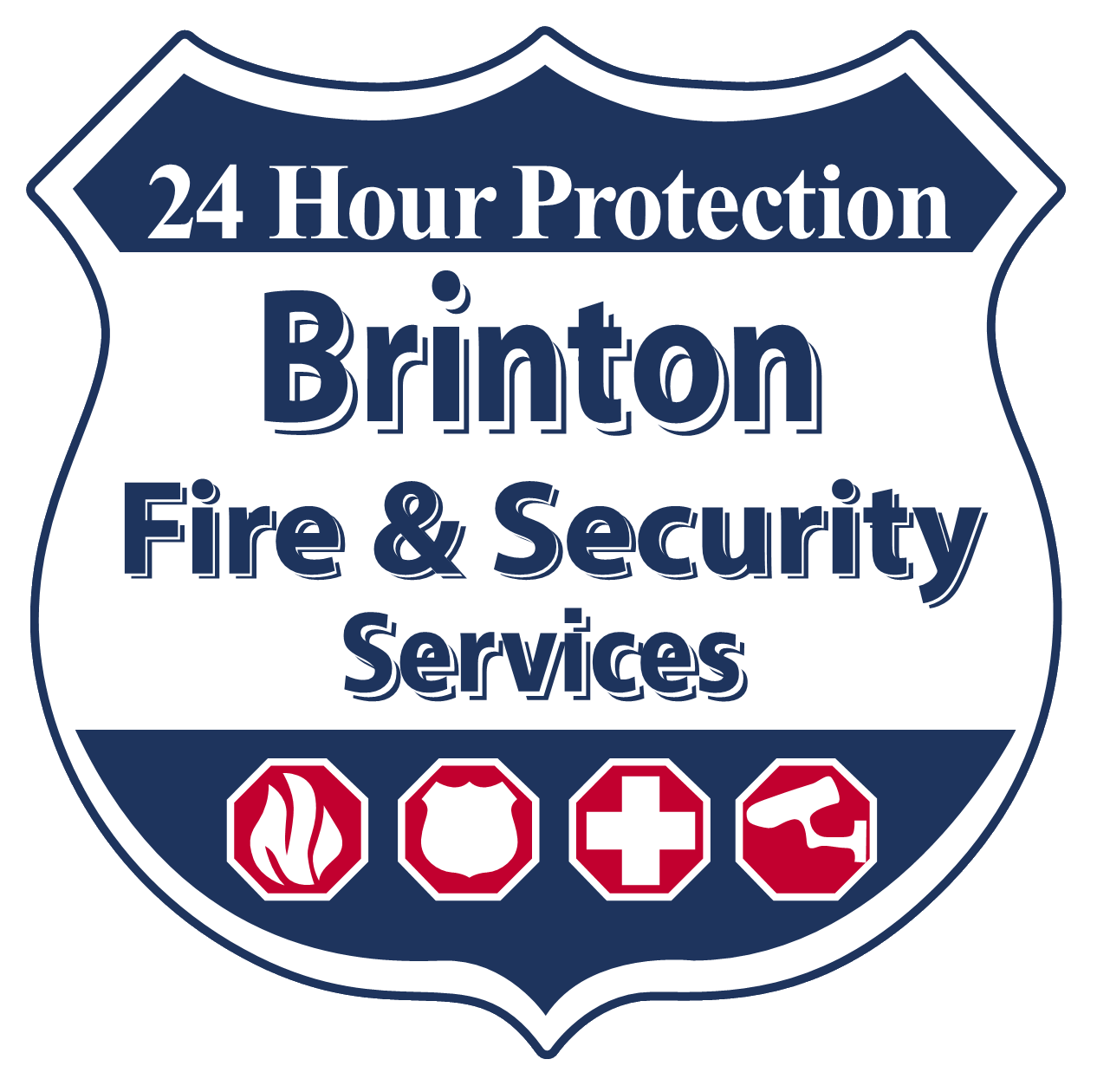Sharing too much on your social media profiles can put your home and loved ones’ safety at risk. Even those posts and shares that seem harmless can unintentionally provide potential burglars with information they need to make you a target. So, before you post, make sure you are not putting your home at risk.
Top 6 Social Media Posts You Should Not Share
Before you make your next Tweet, post or Facebook share, consider these 6 things you should never announce on social media:
- Countdown to Your Next Vacation – Are you doing a countdown on your social media page letting everyone know that you will be leaving soon? Doing so lets followers and potential burglars know that you will be gone for an extended period of time.
- Checking In – Check-ins are the latest “thing” on social media, but they also tell people that you are away from your house. If you tag friends away with you, you are putting their home at risk too.
- Property Damage – Do you have a broken window? Sharing a picture of your home on social media lets potential burglars know a potential weakness in your home’s security.
- Layouts – Sharing photographs of the inside of your home gives burglars a preview of the valuables you have inside and gives them a potential blueprint for navigating your house.
- Holidays – Just like sharing vacation plans, never share your holiday plans. Because burglars are on the lookout for empty houses during the holidays, you do not need to let them know you will be away.
- RSVPs – Social media has opened the door to online invites. Unfortunately, there are people outside of your social circle that may be part of that online group. If you RSVP, a potential burglar scouting the group will know that you will be away, and they even know the exact dates and times.
Not sharing valuable information online is your first level of defense. Second is installing a home security system. Brinton Security can help you find the right home security system to keep you safe, and we offer free in-home estimates.
Call Brinton Security – the experts in home security systems today! (800) 747-9399.
